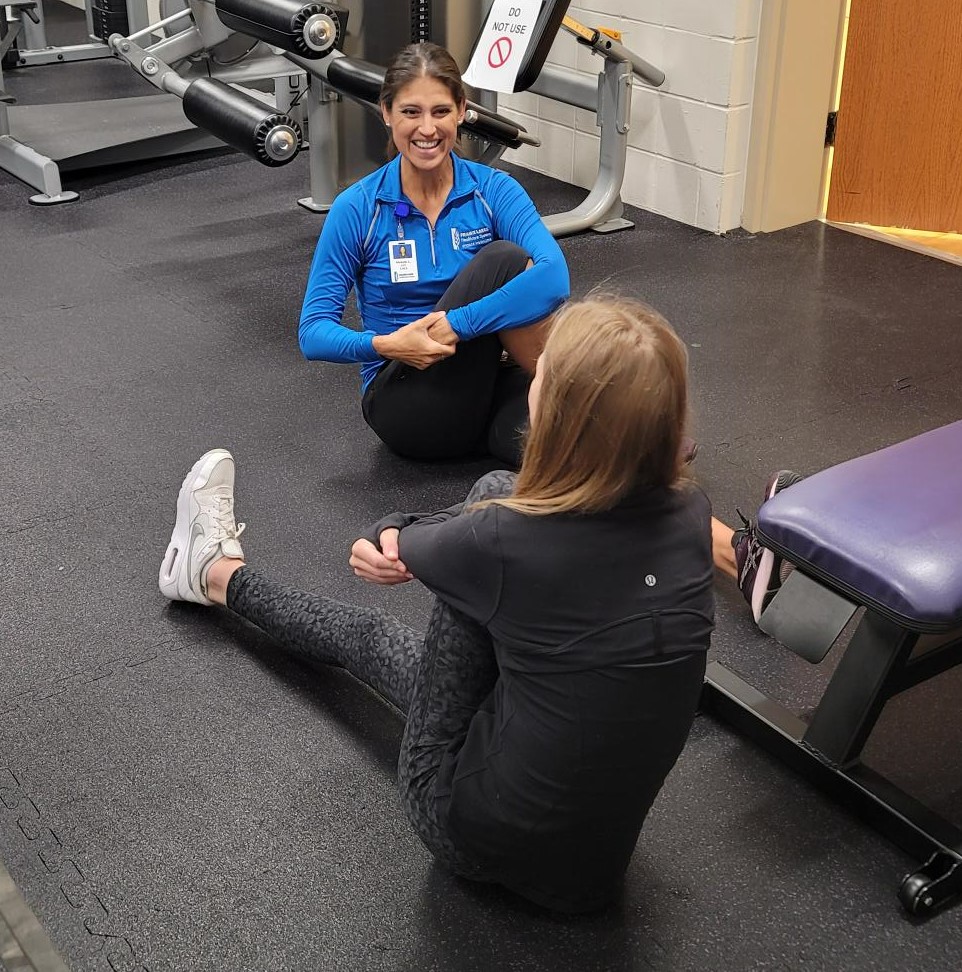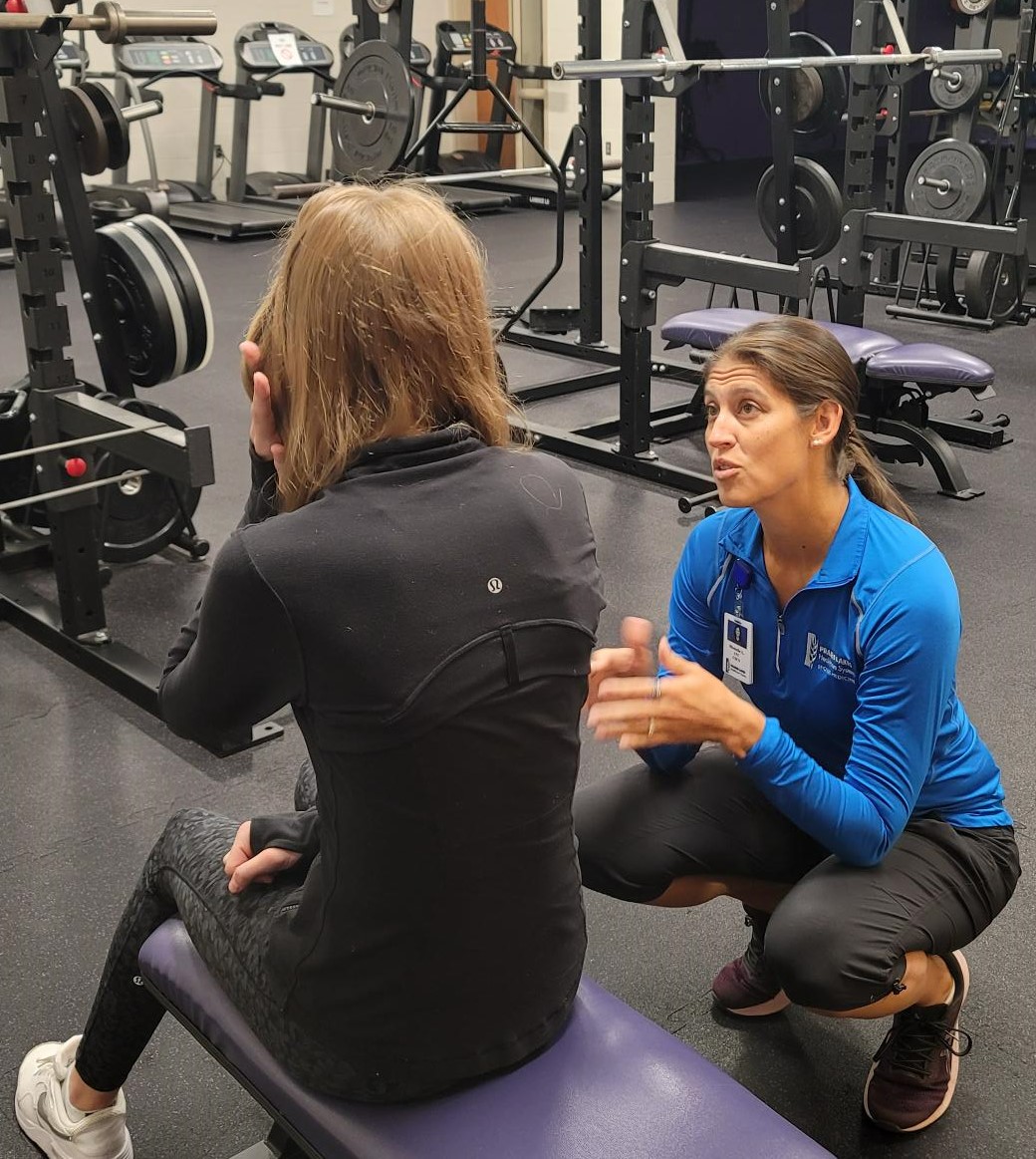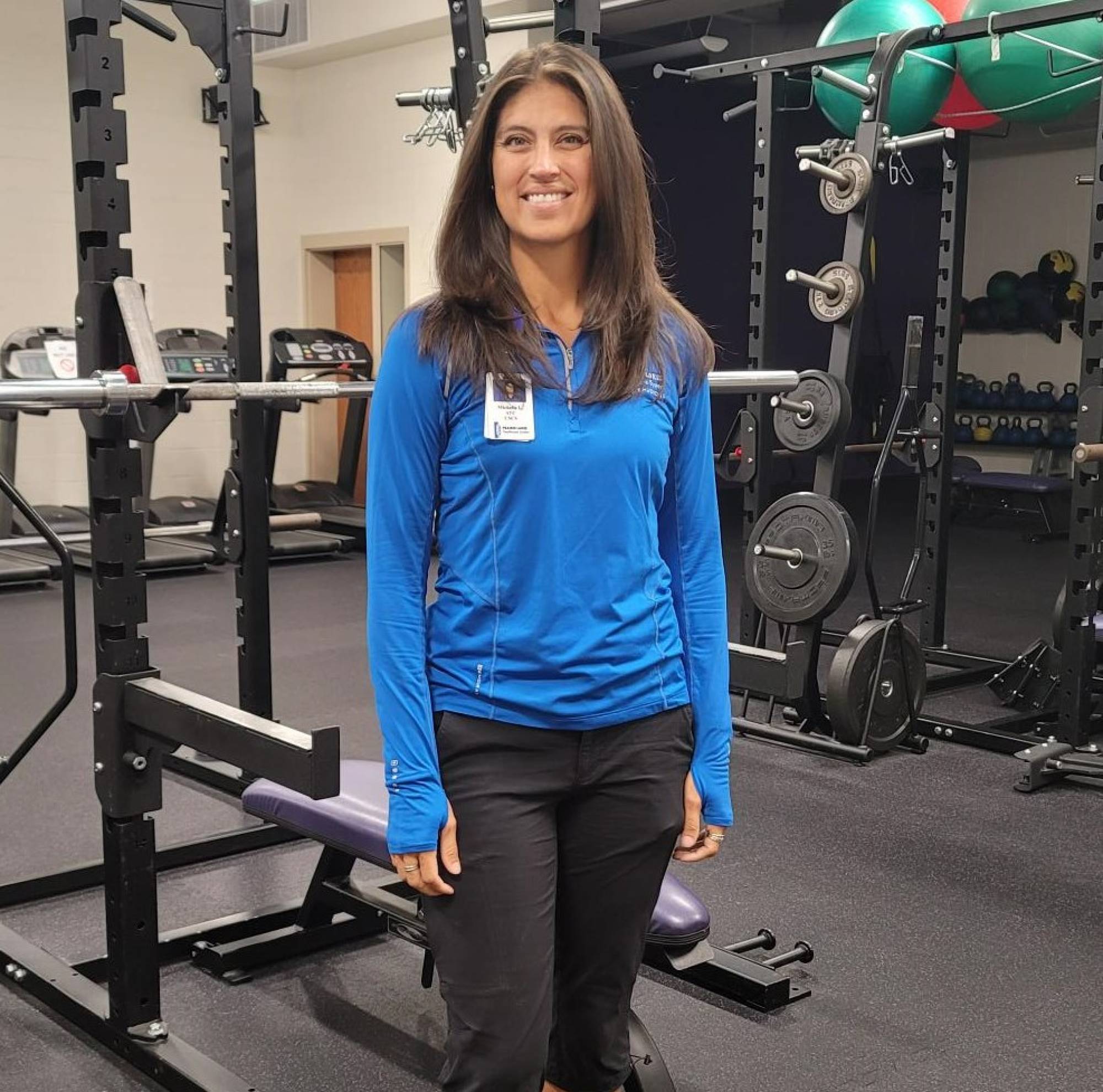Fall sports are underway and athletes are excited to compete this year. Daily focus on nutrition, hydration, and rest are ways in which athletes and parents can help achieve optimal performance both on and off the playing field.
NUTRITION
The body needs energy in order to perform. Adolescent athletes need anywhere from 2,000 – 3,000 calories per day in order to fuel their body sufficiently. This helps to support muscles, keep the mind sharp, and assist in tissue repair from daily workouts and growth spurts that occur during this stage of life. In general, the diet for high school student-athletes should comprise of 45%-65% carbohydrates, 10%-30% protein, and 25%-35% fats. A nutritional deficit can cause fatigue and susceptibility to illness or injury. Nutrition demands can vary greatly among individuals. You can seek out additional help from a dietician to assist further with dietary needs or concerns.
HYDRATION
Staying hydrated is extremely important for achieving high athletic function. Water should be the main source of hydration for adolescents. Energy drinks and caffeinated beverages should be avoided. The amount of water an athlete drinks is very individualized. Gender, weight, weather conditions, time of day, and type of activity affect how much water an athlete should consume. Athletes will start to experience impaired performance issues when dehydrated by as little as 2% of body weight. Besides being incredibly thirsty, symptoms of dehydration can include muscle cramps, craving of sweets, dizziness, constipation, and dark colored urine.
SLEEP
Young athletes who sleep less than eight hours per night are 1.7 times are more likely to sustain an injury than those who get more than eight hours of sleep. The body needs sleep to help recover from the wear and tear of physical activity. It also helps to improve cognitive function such as decision-making, reaction time, and learning new skills. Athletes should try to get 8-10 hours of sleep each night. Setting a routine before bedtime, avoiding screen time at least 30 minutes before bed and sticking to a certain bedtime every night can help assist in getting the proper amount of sleep.
By implementing these practices daily, young athletes can stay healthy this season and decrease their risk of injury and illness to keep them in the game all season long.
YOUTH ATHLETES CLINIC
The Young Athletes Clinic is held weekly on Tuesdays from 7:30 a.m. to 8:15 a.m. at the Watertown Middle School Weight Room. Elementary through high school-aged students can receive a free athletic screening for orthopedic injuries or concerns. Many times, a visit to the Youth Athletes Clinic for a minor injury or to get sports training advice can avoid a trip to the doctor. Parents do not need to come with their children and there is no registration necessary. Athletic trainers will be on hand and will see any young athlete needing their service, for free, on a first come - first served basis. Parents and guardians can learn more by calling Prairie Lakes Rehabilitation Services at 605-882-7700.


